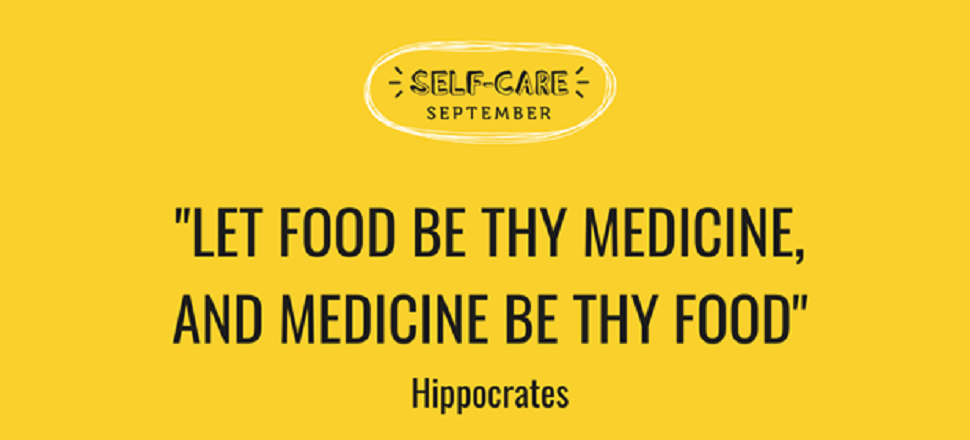Self-Care September: Doctors in Training Matter
The Australian Medical Association Queensland (AMAQ) Council of Doctors in Training (CDT) are proud to present the inaugural Self Care September initiative.

The month-long campaign will shed light on the challenges faced by doctors in training and reflect on how their unique position in their careers are tied to innumerable wellbeing concerns. In a more positive spin, the campaign will also feature videos from doctors in training discussing self-care solutions they’ve adopted to improve their wellbeing. Make sure you follow all of our social media channels or you risk a serious case of FOMO and some seriously fabulous prizes, sponsored by Doctors Health Fund (Queensland)!
Facts:
- 50% of doctors in training experience moderate to high levels of psychological distress
- Doctors in training are working unsafe hours increasing their risk of developing mental health conditions and suicidal ideation
- Female doctor suicide is 2.27 times the rate of the general population
- Male doctor suicide is 1.41 times the rate of the general population
To be clear - none of this is new information, mental health amongst physicians has been extensively investigated in the literature and by Beyond Blue. The reason we still need to talk about doctors' health and wellbeing is that although we know the problem exists, it is still rampant and largely goes unaddressed.
This September we implore you to take action in your own workplaces.
You can do this by doing the following for our doctors in training:
● Say ‘Thank You’
● Ask ‘RU OK’
● And recognise when wellbeing and safety is in jeopardy
Self Care September will be hosted on the Australian Medical Association Queensland Media platforms. Stay tuned!
If this has highlighted difficulties that you are experiencing, please contact your state Doctors’ Health Advisory Service helpline for 24-hour confidential support and advice. In Queensland, you can find further information at www.dhasq.org.au with confidential support and advice through our helpline (07) 3833 4352, while other states’ phone numbers can be found at www.adhn.org.au.



